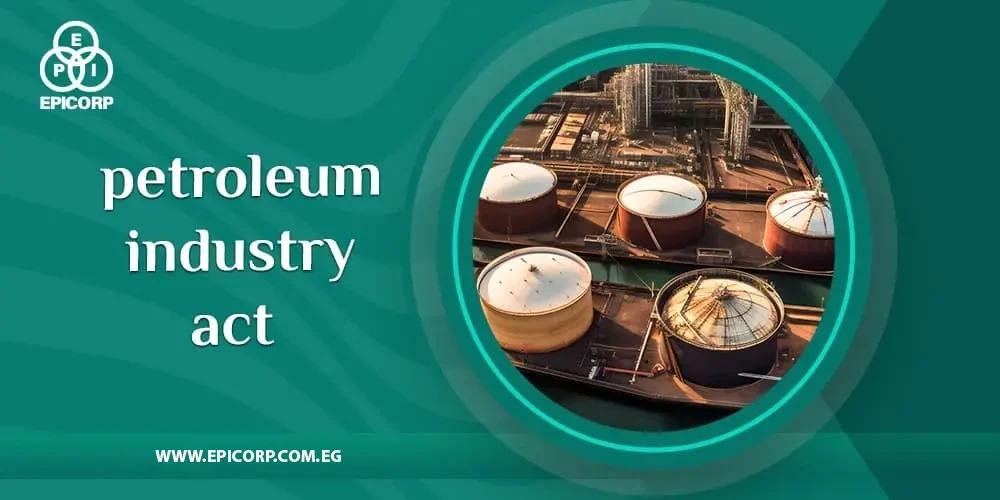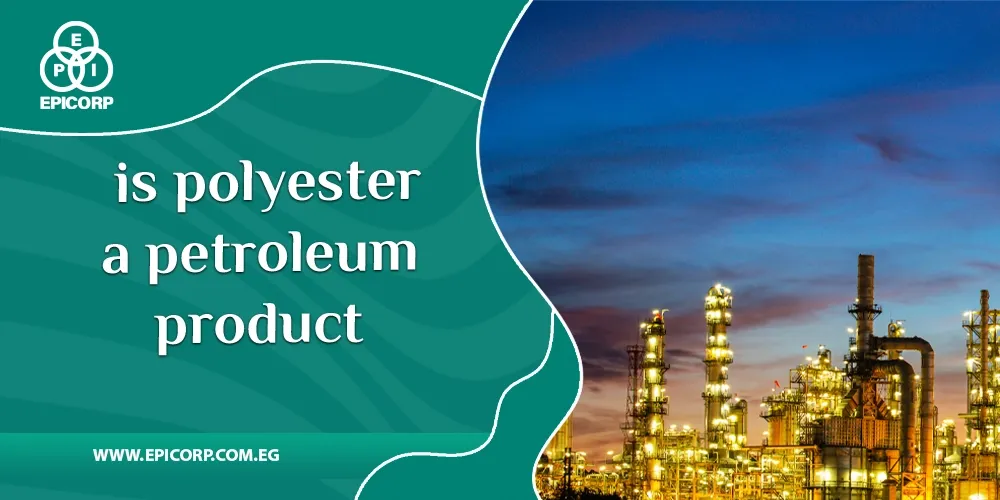Oil refinery waste products encompass a wide array of materials and by-products resulting from the complex process of refining crude oil. These waste products are a natural outcome of the quest to extract valuable resources from raw petroleum, but they require careful management to mitigate their impact on the environment and ensure adherence to regulatory standards. In this article, we will delve into the various waste products produced by oil refineries and explore the strategies and technologies utilized to manage them efficiently.
Table of Contents
Togglewhat is oil refinery waste products
Oil refinery waste products refer to the various materials and by-products generated during the process of refining crude oil. These waste products can include sludges and sediments, gaseous emissions, hazardous waste, and wastewater.
What are the 7 wastes?
The 7 Oil refinery waste products including:
1- Solid Waste:
This Oil refinery waste products include sludges, catalysts, and various residues. Catalysts used in refining processes can become contaminated and need disposal.
2- Liquid Waste:
Wastewater is one of the significant Oil refinery waste products. It can contain various chemicals, heavy metals, and organic compounds. Proper treatment is essential to avoid environmental contamination.
3- Gaseous Emissions:
Refineries emit gases,Oil refinery waste products.like carbon dioxide (CO2), sulfur dioxide (SO2), nitrogen oxides (NOx), and volatile organic compounds (VOCs). These aid in air pollution which leads to climate change.
4- Sulfur Compounds:
Hydrogen sulfide (H2S) is one of the common Oil refinery waste products. It’s toxic and needs to be managed.
5- Particulate Matter:
Fine particles can be produced during various refining processes. These can be harmful if released into the air.
6- Spent Catalysts:
Catalysts used in refining processes become spent and must be disposed of properly.
7- Hazardous Chemicals:
Various chemicals are used in refining, and their residues can be hazardous. Proper handling and disposal are essential.
Efforts are made to minimize and manage these Oil refinery waste products to reduce their environmental impact and comply with regulations.
Read also: Petroleum Refinery In Modern Times.
What are the 7 types of waste in production?
The 7 types of waste are often categorized using the Lean methodology. These are:
1- Overproduction:
Producing more petroleum products than the demand requires, leading to excess inventory and storage costs.
2- Waiting:
Delays and idle time in the production process, such as equipment downtime or waiting for materials, can lead to waste.
3- Transportation:
Unnecessary movement or handling of raw materials, components, or finished products can result in waste, both in terms of time and resources.
4- Overprocessing:
Performing more processing or refining of petroleum products than necessary, which can be costly and inefficient.
5- Inventory:
Excess inventory or storage of petroleum products ties up capital and resources and can lead to waste through obsolescence or spoilage.
6- Motion:
Unnecessary movement or actions by workers or equipment in the production process can be wasteful.
7- Defects:
Quality issues or defects in petroleum products can lead to waste, including rework, disposal, or customer dissatisfaction.
These principles are part of Lean manufacturing and can be applied to various industries, including petroleum production, to identify and reduce inefficiencies and waste.
Get to know: What Is Petroleum Energy?
What is oil waste used for?
Oil refinery waste products generated during the extraction, refining, and consumption of oil, can be repurposed or treated in several ways:
- Recycling:
Some oil waste materials, like used motor oil, can be re-refined and reused as lubricating oils or fuel.
- Energy Recovery:
Some waste products, such as refinery residues or waste plastics, can be used as fuel to generate energy through incineration or other combustion processes.
- Chemical Conversion:
Some waste can be chemically processed to create new products or feedstocks. For example, waste plastics can be converted into petrochemicals through processes like pyrolysis.
- Environmental Remediation:
Oil waste, especially contaminated soil and water, may undergo remediation processes to reduce environmental pollution. This can include soil treatment, water purification, and other cleanup methods.
- Asphalt Production:
Certain oil waste products can be used in the production of asphalt for road construction and repair.
- Landfill Disposal:
In cases where recycling or repurposing is not feasible, some oil waste ends up in landfills with proper containment and monitoring.
It’s important to note that the specific methods for managing oil waste depend on the type of waste, local regulations, and available technologies. Efforts are made to minimize waste generation and maximize the reuse or safe disposal of these materials to reduce their environmental impact.
Hers’s: What Are The 10 Uses Of Petroleum.
How is waste oil converted to fuel?
Oil refinery waste products, such as used motor oil, is converted into fuel through a process known as re-refining. This eco-friendly and resource-conserving method involves several key steps:
- Collection and Pre-Treatment:
Used oil is collected and pre-treated to remove impurities like water and solids.
- Hydrotreating:
The pre-treated oil is heated in the presence of hydrogen gas and a catalyst to remove harmful impurities such as sulfur and heavy metals.
- Fractional Distillation:
The oil is separated into different fractions based on boiling points to recover base oil and fuel products.
- Recovery of Base Oil:
The base oil component is recovered and can be blended with virgin base oil to create high-quality lubricating oil.
- Recovery of Fuel Products:
Various fuel products, including diesel fuel, are obtained through the re-refining process.
- Quality Control:
Rigorous testing ensures that the resulting oil products meet industry and environmental standards for performance and emissions.
- Blending:
Both base oil and fuel products may be blended with additives to meet specific performance and regulatory requirements.
This process of re-refining waste oil is environmentally responsible and conserves valuable resources
Conclusion
oil refineries generate a variety Oil refinery waste product, encompassing solid residues, liquid wastewater, gaseous emissions, and hazardous chemicals. Proper management and disposal of these waste materials are essential to mitigate environmental impact and adhere to regulations, as the industry continues to seek innovative solutions for waste reduction and sustainable practices
Epicorp offers investment and business opportunities in the petroleum sector. Our strategic vision focuses on innovative development and the implementation of new investment concepts, aiming to think beyond conventional approaches.
FAQ
Can waste oil be refined into gasoline?
Yes, waste oil can be refined into gasoline-like products, but it is a complex and less common process
What can oil be refined into?
Crude oil can be refined into a diverse array of products, ranging from essential fuels like gasoline, diesel, and jet fuel to various chemicals and industrial materials. These include kerosene for heating and.



